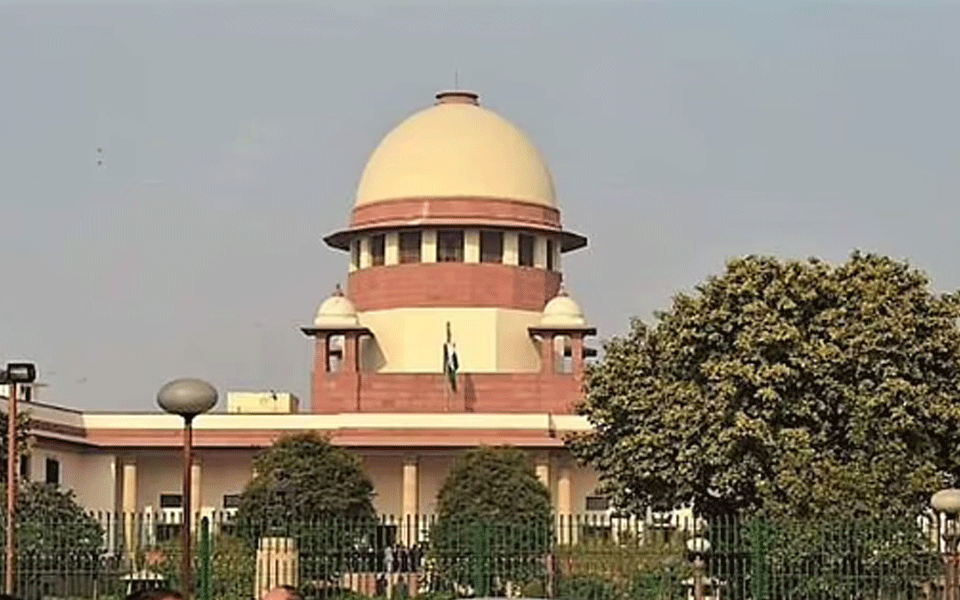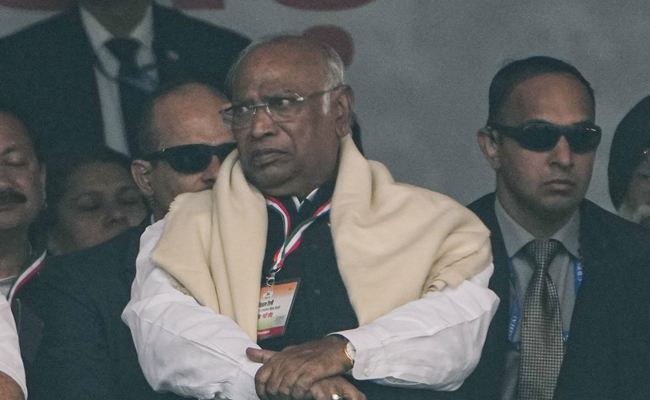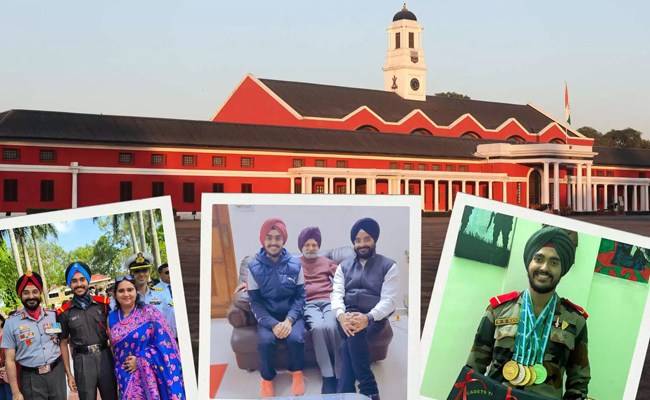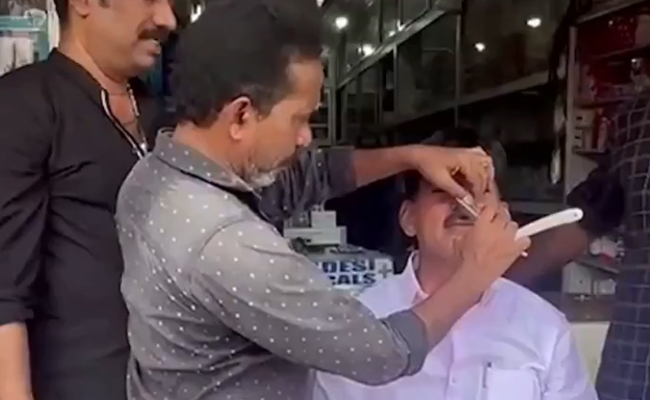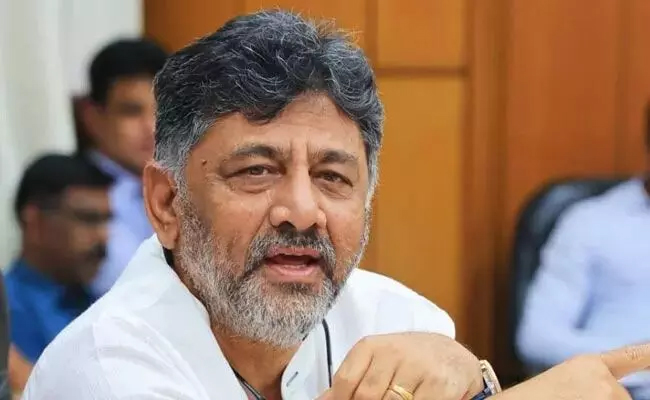New Delhi: The Supreme Court of India on Monday while hearing pleas against Karnataka High Court's judgment upholding the ban on Hijab in educational institutions asked the Karnataka government how wearing Hijab was violating discipline in schools.
Justice Dhulia while hearing the matter questioned the ASG when the latter said wearing Hijab was an issue of discipline in school.
“How the discipline of the school is violated if the hijab is worn?” Justice Dhulia asked.
Replying to the query from Justice Dhulia, the Advocate General of Karnataka replied that when students started protesting for Hijab other students wanted to wear bagwa shawls. He further added that a situation of unrest prevailed in the state following the developments.
“After some students started protesting for hijab, another set of students wanted to wear bagwa shawls. This led to a situation of unrest and in this backdrop, the Government Order was issued on Feb 5.” Advocate General of Karnataka said.
A bench, comprising Justices Hemant Gupta and Sudhanshu Dhulia, is hearing the batch of petitions challenging the ban on wearing Hijab in educational institutions in Karnataka.
Let the Truth be known. If you read VB and like VB, please be a VB Supporter and Help us deliver the Truth to one and all.
New Delhi (PTI): Congress president Mallikarjun Kharge on Sunday launched a scathing attack on the BJP, saying those indulging in "vote chori" are "gaddars" and need to be removed from power to save the voting right and the Constitution.
Addressing the party's 'Vote Chor Gaddi Chhod' rally at the Ramlila Maidan here, Kharge said it is the duty of all Indians to unitedly strengthen Congress ideology as only this party can save the country.
He alleged that the RSS ideology will "finish the nation".
ALSO READ: Rally against "vote chori" to protect every citizen's right, says D K Shivakumar
"The BJP people are 'gaddars' (traitors) and 'dramebaaz' (indulge in theatrics). They need to be removed from power," Kharge said.
The Congress president also said that he did not go for his son's operation in Bengaluru and stayed to attend the rally as he thought it was important "to save 140 crore people".
#WATCH | Delhi | Congress President Mallikarjun Kharge says, "The leaders of the BJP only do drama...Some BJP leaders were questioning whether, after the Parliament session, Rahul Gandhi is going abroad. During the Parliament session, PM Modi never attends the session but goes… pic.twitter.com/DMa5nAyc3Z
— ANI (@ANI) December 14, 2025

